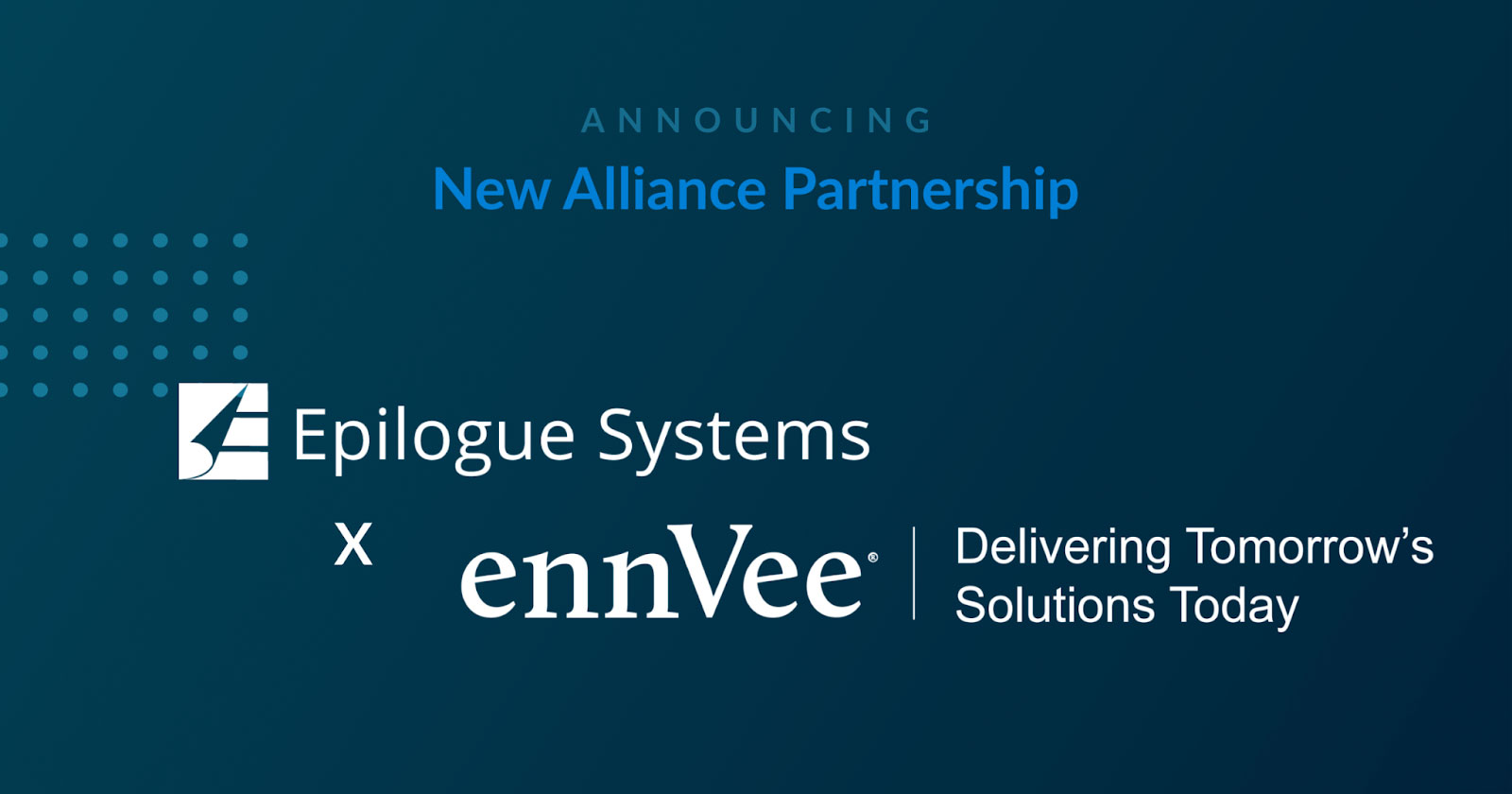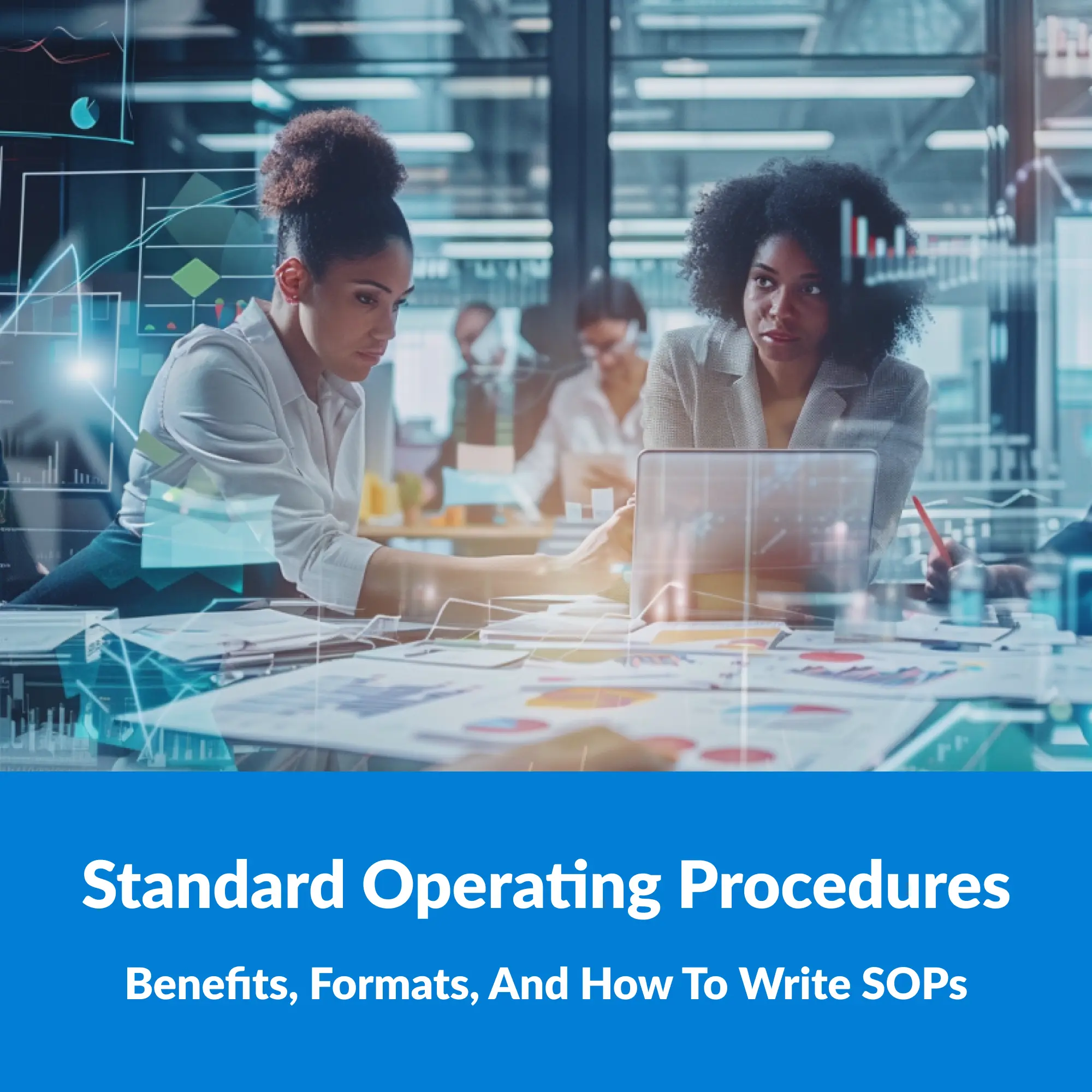At some point in every business, organizational changes are inevitable. These changes can occur due to several reasons, such as mergers and acquisitions, new leadership, restructuring, digital disruption and many more. Regardless of the reason, it is essential to understand the impact of organizational change on employee performance.
Organizational changes can have a significant impact on the employees’ psychological state, leading to various challenges and opportunities. In this article, we will take a comprehensive look at organizational change, its problems, how to overcome them, and their impact on employee performance.
The Comprehensive Look About Organizational Change
Organizational change can be described as a process of transitioning an organization from its current state to a desired future state. To change is to undergo a transformation into something new.
Change can be deliberate and desired by the management within an organization, or it might originate from outside the organization and be beyond the control of the management. This process can be gradual or sudden, depending on the nature and scope of the change.
Organizational transformation can occur in a number of dimensions, including form, strategy, culture, and technology.
In order to maintain their position in the market, fulfill the requirements of their customers, and keep up with the most recent developments in their field, most businesses are forced to go through some sort of transformation. Change can also occur due to new leadership, mergers and acquisitions, and other reasons.
| Related article: – Change Management with Digital Adoption Explained |

The Positive Impact of Organizational Change On Employee Performance
Employee performance can benefit from organizational change in a variety of ways:
Increased Motivation and Engagement
Organizational change can be a catalyst for increasing employee motivation and engagement. When employees feel that their organization is evolving and improving, they become more motivated to contribute to the organization’s success.
By involving employees in the change process and providing opportunities for them to give feedback, employees feel that their opinions matter, which increases their engagement level.
Improved Job Satisfaction
Workplace happiness can also increase as a result of changes that are occurring in an organization. When employees see that the organization is willing to make changes that benefit them, they feel more valued and appreciated. This, in turn, boosts their job satisfaction, which can lead to increased productivity and better work quality.

Enhanced Teamwork and Collaboration
Organizational change can also enhance teamwork and collaboration. When organizations undergo change, employees must work together to adapt to new processes and systems. This requires collaboration and communication, which can lead to stronger relationships and a more cohesive team.
By promoting teamwork and collaboration, organizations can foster a more positive and productive work environment.
Organizational Change Problems
Organizational change can be a challenging process for both employees and the management team. Some of the common problems that organizations face during the change process include:
- Resistance to change: Change can be a difficult process, and some employees may resist the change due to fear of the unknown, lack of information, and fear of losing their jobs.
- Communication breakdown: Communication is essential during the change process, and a lack of proper communication can lead to misunderstandings, rumors, and mistrust.
- Loss of productivity: Like with any major life event, adjusting to a new normal can be a time-consuming ordeal that reduces productivity throughout the transition phase.
- Lack of skills: In some cases, employees may lack the skills needed to adapt to the new changes, leading to low performance and job dissatisfaction.

How to Overcome Organizational Change?
Organizational change can be a challenging process, but it can be overcome by knowing when to change and following some best practices. Here are some ways organizations can overcome change challenges:
Effective Communication is Key
Whenever there is a major shift in a business, it is essential for everyone involved to communicate well. The management team should communicate regularly and provide employees with the necessary information about the changes.
By providing clear and concise information, employees can understand the reasons behind the change and feel more confident in the organization’s decision-making.

Engage Employees
Getting employees involved in the change process is very important. Employees should be involved in the change process, and their feedback should be considered. Obviously, your employees need time to adopt the new company system.
Organizations can increase loyalty and pride in work by giving workers a voice in decision-making and responding to their input. This, in turn, can lead to greater buy-in and motivation to succeed during the transition.
Invest in Training
Investing in employee training is essential to equip employees with the skills needed to adapt to the new changes. The management team should provide adequate training and support to ensure a smooth transition.
In order to ensure that staff members have the knowledge and abilities to adjust to the changes, it is crucial to invest in training. This change might go more smoothly if the management team provides sufficient training and assistance.
Training programs allow businesses to show they care about their workers’ personal development while also making sure their staff is ready to handle the challenges of an ever-evolving workplace.

Positive Reinforcement
Motivating staff through the transition to the new system can be done with great success by using positive reinforcement. Employees that handle transitions well should be rewarded by upper management. Creating a healthy work environment and encouraging a culture of growth and success can be accomplished by recognizing and rewarding individuals for their contributions.
| ⇒ Maybe you’ll be interest in: The Three Necessary Components of Effective Change Management with Digital Adoption |

Final Word
Organizational change can have a significant impact on employee performance. Change can lead to a loss of productivity, resistance, and communication breakdown, among other challenges.
However, with proper planning and implementation, organizations can overcome these challenges and ensure a smooth transition.
Effective communication, employee engagement, training, and positive reinforcement are essential during the change process.
The management team should also consider the impact of change on employees’ psychological state and provide the necessary support to ensure their well-being.
In conclusion, understanding the impact of organizational change on employee performance is crucial for any organization. By following the best practices, organizations can overcome the challenges of change and ensure a successful transition. As always, we hope that what we’ve shared will be useful, and if you have any questions, please get in touch.





